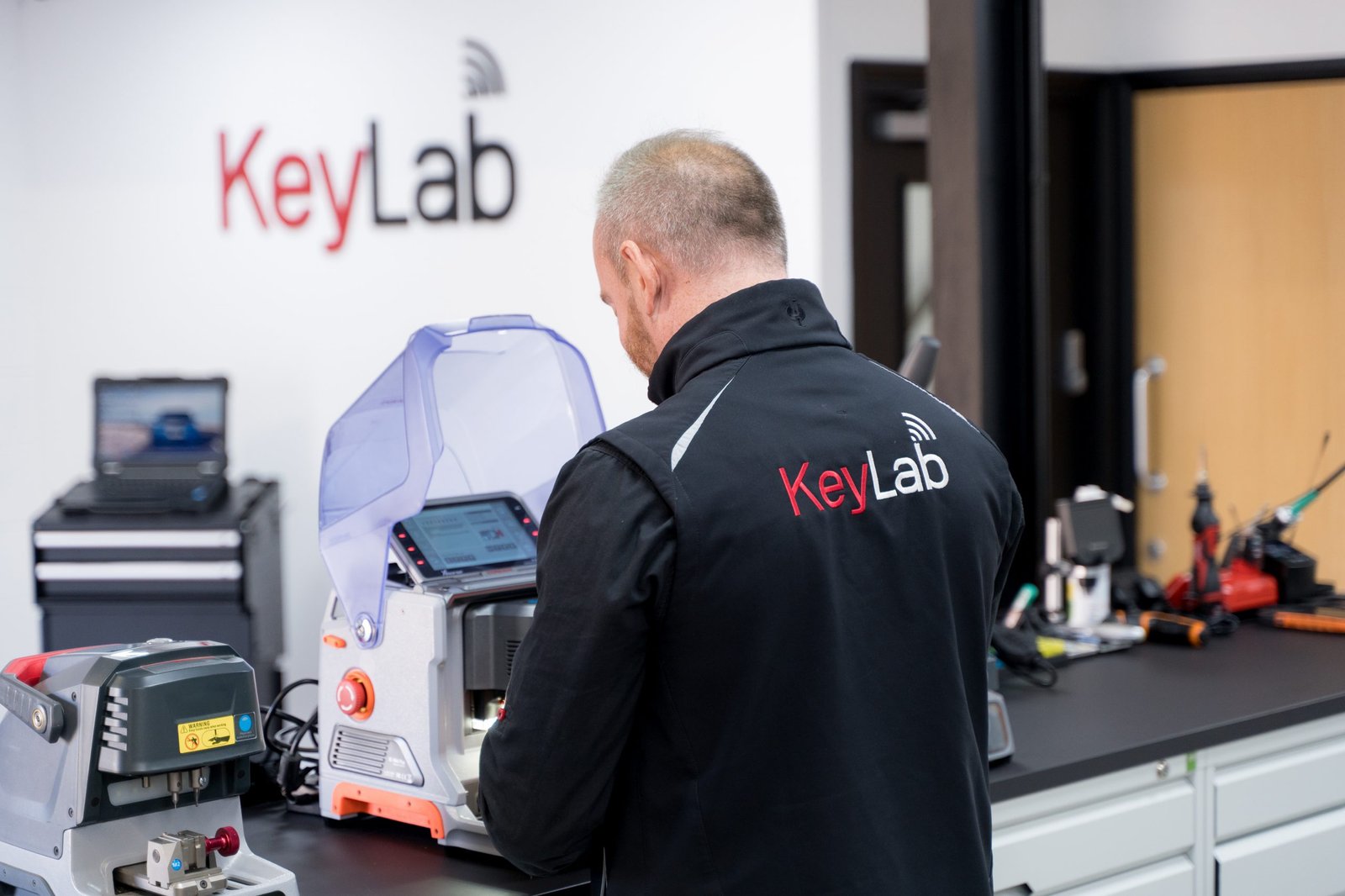Comprehensive Guide to Car Key Replacements: Understanding Your Options
In today's fast-paced world, losing or damaging a car key is a progressively typical affair. Car key replacements have actually evolved significantly throughout the years with advancements in innovation, and car owners now have a range of alternatives to think about. This article will explore the various kinds of car keys, approaches for replacement, expense implications, and other important factors to consider for car key replacements.
Kinds Of Car Keys
Comprehending the types of car keys is vital for knowing the replacement options offered. Below is a summary of the various types:
| Type | Description |
|---|---|
| Conventional Key | A non-electronic key that mechanically unlocks and ignition. |
| Transponder Key | A key embedded with a microchip that interacts with the car's ignition system for added security. |
| Key Fob | A push-button control used to open doors and begin the engine wirelessly. Often includes a transponder chip. |
| Smart Key | Allows keyless entry and ignition, using distance sensors and advanced technology. |
| Valet Key | A limited key that limits access to specific features of the vehicle, usually used by parking attendants. |
Understanding the Replacement Process
When it concerns car key replacements, it is vital for car owners to be familiar with the options available. The following techniques highlight how car keys can be changed:
1. Dealership Replacement
- Process: The vehicle owner goes to the car dealership and offers proof of ownership. The dealer may need the Vehicle Identification Number (VIN) and extra identification.
- Pros: Trusted source, guaranteed compatibility, frequently includes programs.
- Cons: Typically the most pricey option.
2. Professional Locksmith
- Process: A certified locksmith professional visits the car place or runs from their store. They cut and program the replacement key.
- Pros: Generally cheaper than dealers and can offer a variety of key alternatives.
- Cons: Limited capability for some innovative keys and fobs, may not have OEM (Original Equipment Manufacturer) parts.
3. Diy (DIY)
- Process: Car owners can acquire key blanks and programs kits online or from hardware stores. Follow please click the following website for programs.
- Pros: Cost-effective and practical.
- Cons: Risk of mistakes, lack of expert quality, and potential security concerns.
4. Mobile Key Cutting Services
- Process: Mobile services come to your location to cut and program keys.
- Pros: Convenient and typically more economical.
- Cons: May require a waiting duration, and costs vary based upon distance and service quality.
5. Insurance Coverage
- Process: Some vehicle insurance coverage policies cover losses due to taken or lost keys.
- Pros: Potentially substantial expense savings.
- Cons: Coverage limitations and potential deductibles could apply.
Factors Influencing Replacement Costs
The cost of replacing a car key can differ widely depending on several aspects, such as:
- Type of Key: Traditional keys are usually less expensive to replace than transponder keys or wise keys.
- Design and Make of Vehicle: Luxury and newer designs might have greater replacement costs due to sophisticated innovation.
- Location: The average market rates for locksmith professional services or dealerships can affect pricing.
- Key Programming: Programming expenses may be different from key cutting costs.
Here's a basic breakdown of replacement costs:
Estimated Costs of Car Key Replacement
| Key Type | Approximated Cost Range |
|---|---|
| Traditional Key | ₤ 5 - ₤ 25 |
| Transponder Key | ₤ 50 - ₤ 300 |
| Key Fob | ₤ 50 - ₤ 600 |
| Smart Key | ₤ 200 - ₤ 600 |
| Valet Key | ₤ 10 - ₤ 30 |
Important Considerations
While exploring car key replacements, it's vital to keep in mind of the following:
- Proof of Ownership: Always have documentation that shows ownership when seeking a replacement.
- Security Concerns: Keep in mind that lost keys position security dangers; if there's an issue, consider rekeying locks.
- Warranty and Insurance: Check if your car is under service warranty and if it covers key replacements.
- Future Security: Consider updating to more protected alternatives like wise keys if your vehicle supports it.
Frequently Asked Questions About Car Key Replacements
Q1: Can I replace my car key myself?A1: Yes, it is possible to replace your car key yourself, particularly if you order key blanks and have programs tools. Nevertheless, ensure you follow instructions properly to avoid issues.
Q2: How long does it take to replace a car key?A2: Replacement time depends on the method used. Dealers might take longer due to programs, while mobile locksmiths can often do it on-site within minutes.
Q3: What should I do if I lost my car key?A3: If you lose your car key, examine your requirements and choose on a replacement method. Think about contacting a locksmith professional or your vehicle's dealership for next actions.
Q4: Are duplicate keys thought about replacements?A4: No, duplicates are copies of existing keys, while replacements are new keys made when the initial is lost, broken, or not functioning.
Q5: Will my car's alarm system be affected if I replace the key?A5: It depends on the key type. Typically, a properly set replacement will not affect the alarm. However, some keys may need to be synced or configured to the alarm.
Car key replacements are more straightforward than they have actually ever been, yet understanding the various options and their implications can conserve money and time. By familiarizing oneself with the kinds of keys, the replacement process, and possible costs, car owners can navigate this obstacle with greater ease. Whether opting for a car dealership, locksmith professional, or a DIY approach, staying notified makes sure smarter choices for securing car gain access to.

